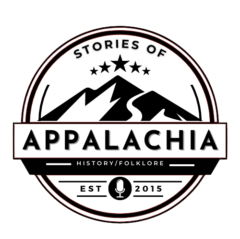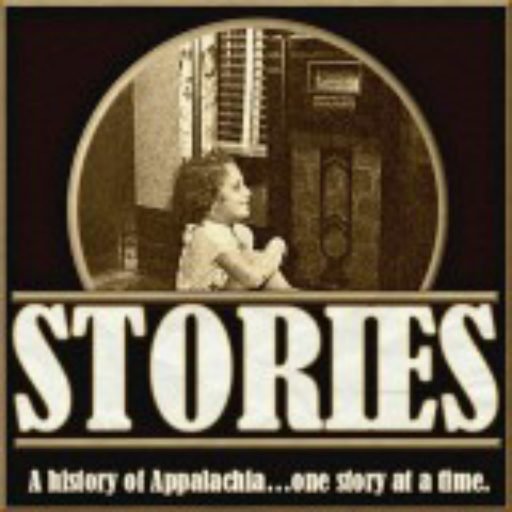In this episode of Stories of Appalachia, we tell the story of the prelude to the infamous Trail of Tears—the murder that inflamed Cherokee tensions and provided the legal framework for the tragic forced relocation of the tribe from the southeast to what’s now Oklahoma.
Join Rod Mullins and Steve Gilly as they unravel the complex tale of Jack Walker Jr., a Cherokee man caught in the crossfire of a nation’s strife and the murky politics that led to a pivotal moment in American history.
Listen to the Stories podcast on Spreaker, Spotify, Apple Podcasts, or your favorite podcast platform. Don’t forget to subscribe for more captivating tales from the heart of Appalachia.
You can also support our storytelling journey and access exclusive content by becoming a patron here:
https://www.spreaker.com/podcast/stories-of-appalachia–5553692/support
Thank you for listening.
Podcast: Play in new window | Download
Subscribe: RSS



As always, I enjoy your Appalachian stories. The story of the Indian Removal was well done. I do wish, however, you had concluded with sharing with your listeners what happened to the leaders of the minority of Cherokee who support removal once the removal was completed. But perhaps that is another story for another time.
I also wish you had mentioned the outdoor drama “Until These Hills.” I first saw the drama when I was a kid in the 1950s. And I have seen it many times over the years. Most of the years the script has been dramatically romanticized with a focus on the execution of Solly and two of his sons. I have always found it interesting to see a traditional while audience watching and applauding the awful story of what their ancestors did to the Indians. Other years I have noted that the script has been altered to most accurately reflect the actual historical events. Interesting enough, the romanticized version is a much more appealing as a dramatic story while the scripts that have more accurately reflected the actual history tended to be less dramatic and more like a chronology of historical events. Either way, I always enjoy attending the play and especially love the theatre that is high on a mountain above the city of Cherokee.
Thank for all you two do to tell the stories of Appalachia, and parenthetically thank you so much for pronouncing the word “Appalachia” like the people who live there.
Thanks for your kind words. We did mention that those leader had been sentenced to death but as I was editing the episode I found that I, unfortunately, said they were all executed, including Stand Watie. Since he escaped execution and went on to become a Confederate General and chief of the southern-supporting Cherokee during the Civil War, we pulled that part out of the podcast, with the thought of doing a follow up episode about the years after relocation at some point. The outdoor drama should have been mentioned and I do apologize for leaving that out.
And as far as pronouncing “Appalachia” correctly, it’s because we both were raised here, even though we don’t sound like we were; that’s because we both worked in radio for many years and were made to “stop sounding so country” by our bosses.
Again thanks and glad you liked the episode!